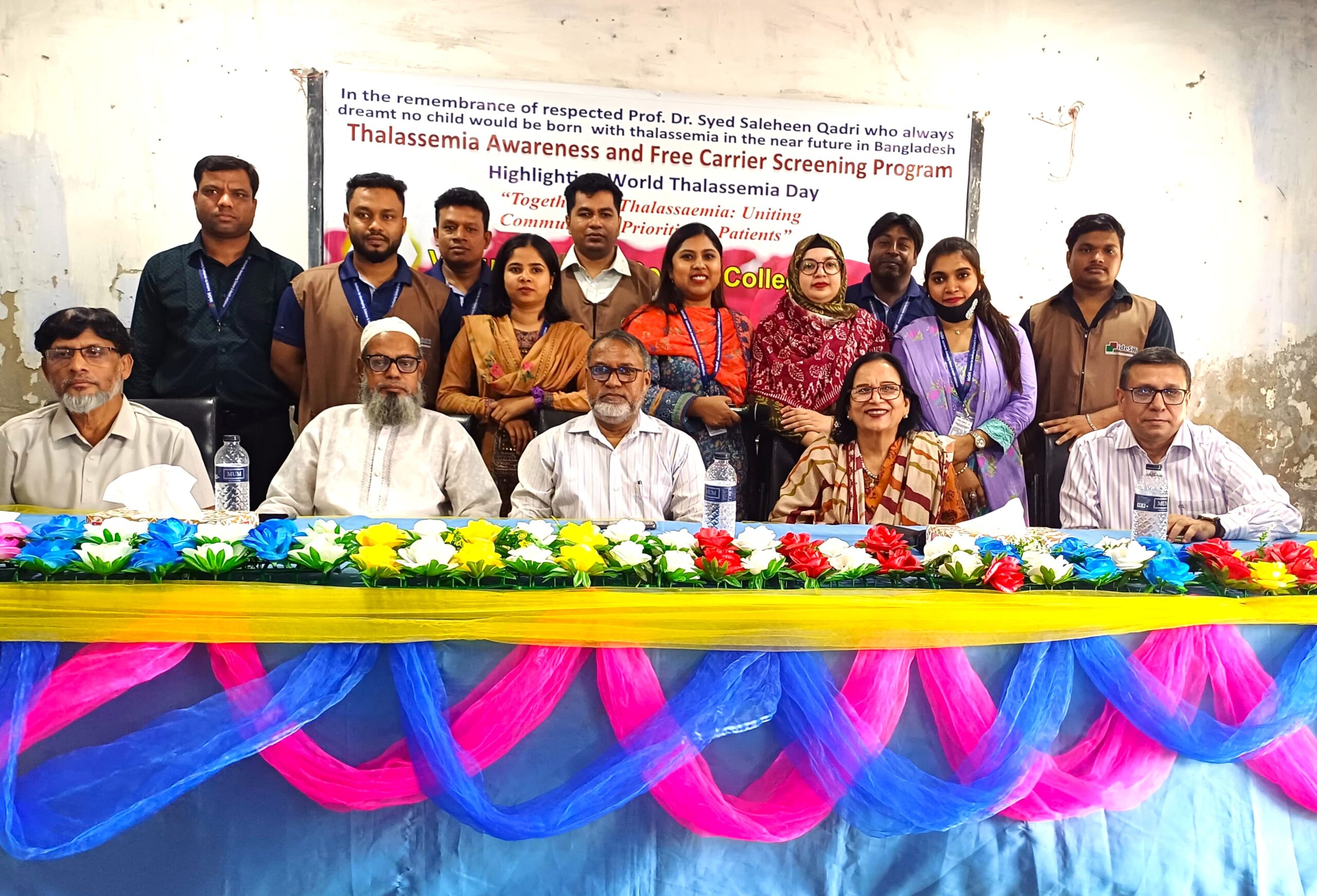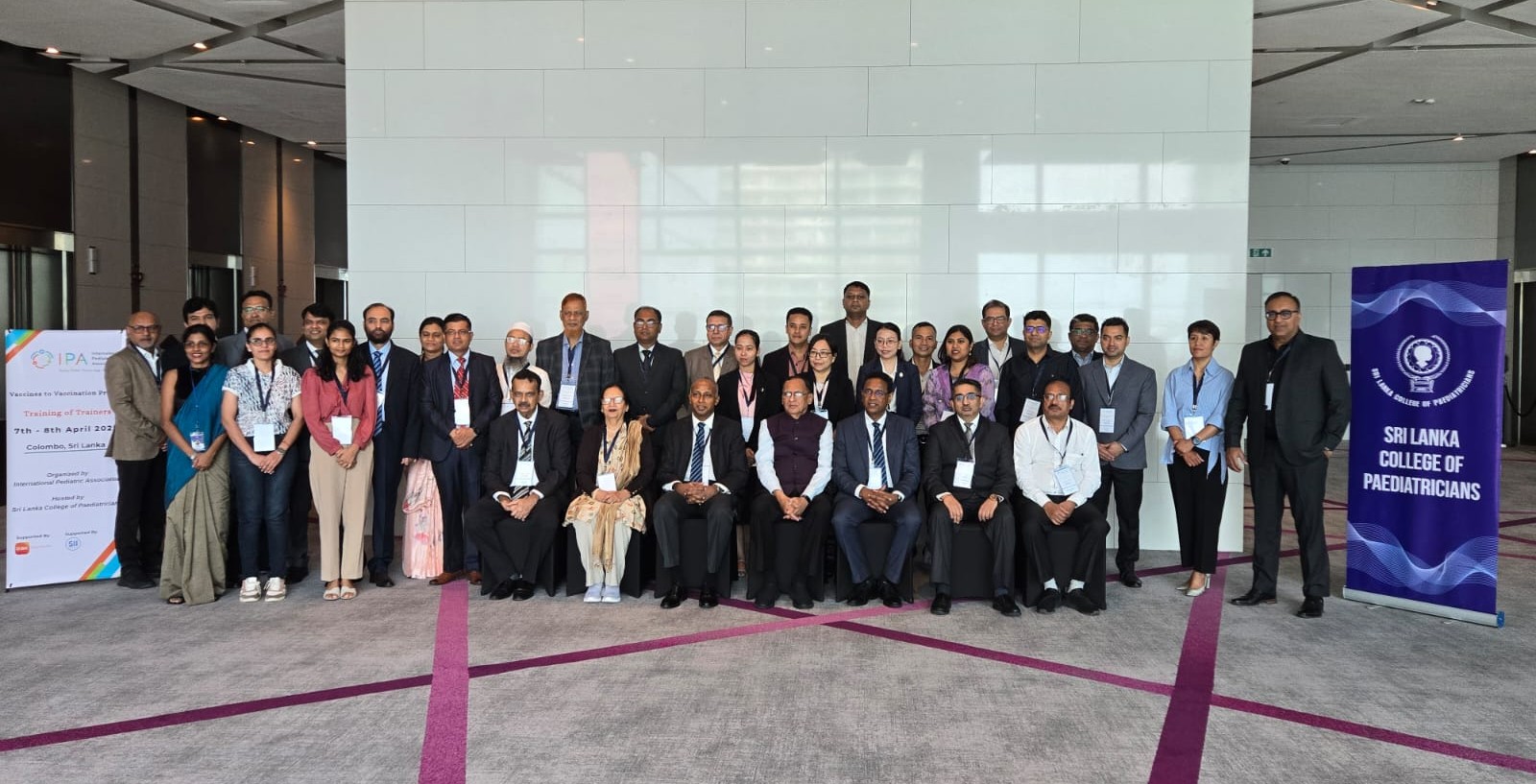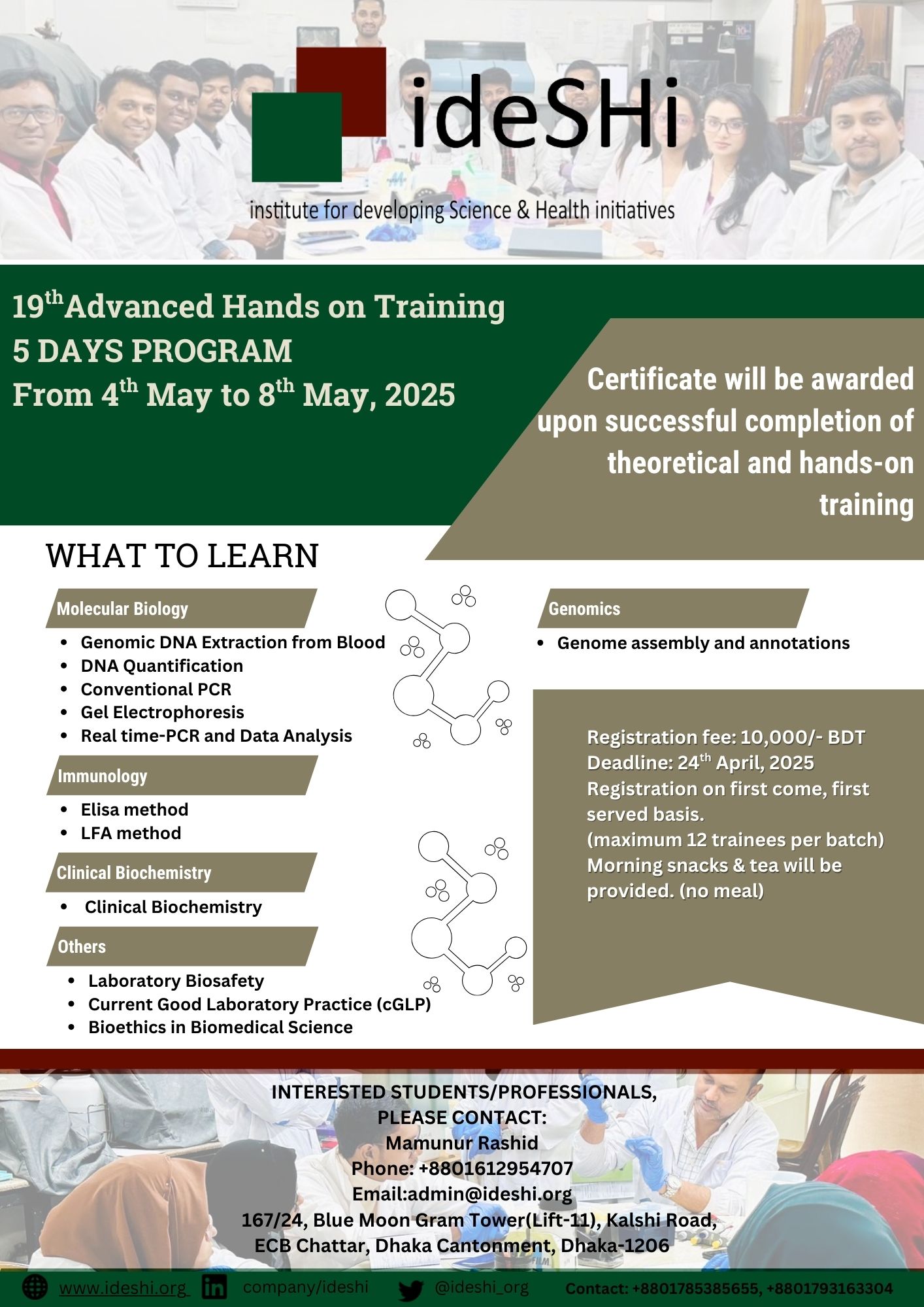Program Lead
Dr. Mohammad Tanbir Habib
Our Approach
To respond to the threat of COVID-19 pandemic, a consortium was initiated in Bangladesh for nationwide SARS-CoV-2 variant surveillance. So far, the consortium has sequenced almost two thousand SARS-CoV-2 genomes, deposited the data in public database (www.gisaid.org) and informed the policymakers about emerging threats. Here, we want to utilize our existing nationwide-surveillance capacity to maximize the information regarding other respiratory viruses circulating in Bangladesh. In this collaborative project supported by the Bill and Melinda Gates Foundation (BMGF), ideSHi will continue the ongoing SARS-CoV-2 genomic surveillance, while the other participating institutes (i.e., IEDCR & icddr,b) will reveal the distribution and evolution of seasonal viruses, such as influenza and RSV.
Partners
International Centre for Diarrheal Disease Research, Bangladesh (icddr,b), Institute of Epidemiology, Disease Control And Research (IEDCR)
Research Goals
The objective of this project is to continue and expand genomic surveillance of respiratory viral pathogens, leveraging existing surveillance platforms for severe acute respiratory illness (SARI) and Influenza-like illness (ILI) at sentinel sites across Bangladesh. This includes specimen collection, sequencing and timely reporting of the pathogen genomes after SARS-CoV-2, Influenza and RSV infections.
Context
The ongoing COVID-19 pandemic demonstrates the need for continuous surveillance, rapid diagnosis and real-time tracking of emerging infectious diseases. Genomic surveillance is transforming public health action by providing a deeper understanding of pathogens, their evolution, and circulation. New technologies in sequencing and bioinformatics have emerged in recent years, and have made genomics one of the predominant methods of investigating infectious diseases. It can also aid in discovering pathogens that elude standard laboratory testing like culture and PCR, and this role has become increasingly important amid the COVID-19 pandemic. Genomic surveillance of respiratory pathogens at the global level is important to improve the understanding of antigenic and genetic variability of circulating strains, implications on seasonality and outbreaks, transmission dynamics, and vaccine development. In this study, we aim to monitor the influenza, RSV and SARS‐CoV‐2 variants continuously throughout the country.
Impact
Nationwide genomic surveillance of respiratory viral pathogens will inform the local health force and guide public health on mitigation efforts against epidemics and outbreaks. The findings of this study will be instrumental in helping policymakers to make timely decisions and in supporting researchers to develop and update effective vaccine candidates and therapeutic strategies periodically.






